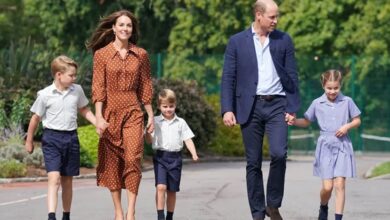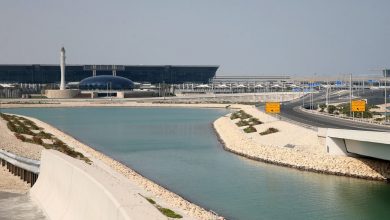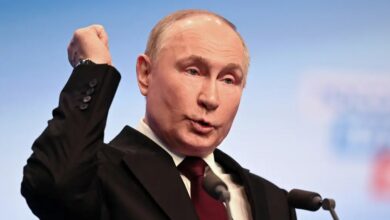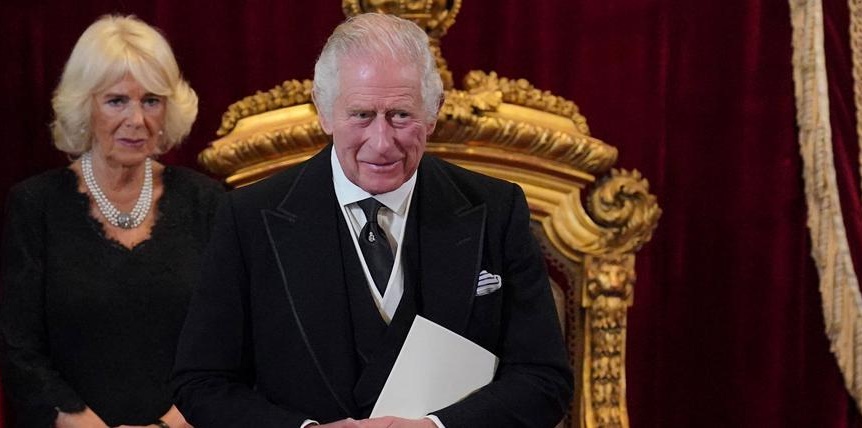
In this way, the wealth of the royal family is to be protected. / King Charles III inherits millions tax-free
With the death of his mother Queen Elizabeth II, King Charles III inherits. also a fortune in the millions – but as a monarch he avoids the inheritance tax of 40 percent.
The royal family owes this to former Prime Minister John Major. The conservative politician justified this rule in 1993 by saying that otherwise there was a risk that the royal family’s assets would be fragmented over generations.
King Charles III: Royal wealth is not a private matter
This would change the nature of the institution “in a way that few people in this country would welcome”. A 2013 agreement said taxing it would be “clearly inappropriate” as the assets would be held by the Queen as a sovereign rather than a private individual.
The monarchy needs sufficient resources to fulfill its role and be financially independent from the government. If there were other heirs to be considered by the Queen, they would have to pay inheritance tax on any amounts above a certain amount.
Queen Elizabeth voluntarily paid taxes
The Queen is exempt from paying taxes. In 1993, however, she promised to voluntarily pay income tax and capital gains tax. It is expected that King Charles will do the same. Specifically, it is about the Duchy of Lancaster, which is owned by the British monarch.
Who gets the Queen’s fortune?
Jewels, castles, estates: Queen Elizabeth II was not only popular, but also rich. Your children and grandchildren will now inherit a fortune – tax-free.
With the death of his mother, King Charles III inherits. also a fortune in the millions. According to estimates by the business magazine “Forbes”, Queen Elizabeth II leaves her children and grandchildren around 410 million euros. Overall, the acquis of the monarchy is estimated at 28 billion euros. However, no one knows exactly how rich the British royal family really is.
And it’s not that easy with the royal inheritance either: Because the Queen’s assets are divided into private property and property of the so-called Crown Estate. This is administered by the British state, it is automatically transferred to the heir to the throne. The Crown Estate is a portfolio of luxury London real estate valued at approximately $19.2 billion. These include the famous Ascot racecourse, parts of the Regent Street shopping mile, Buckingham Palace and the pompous Windsor Castle.
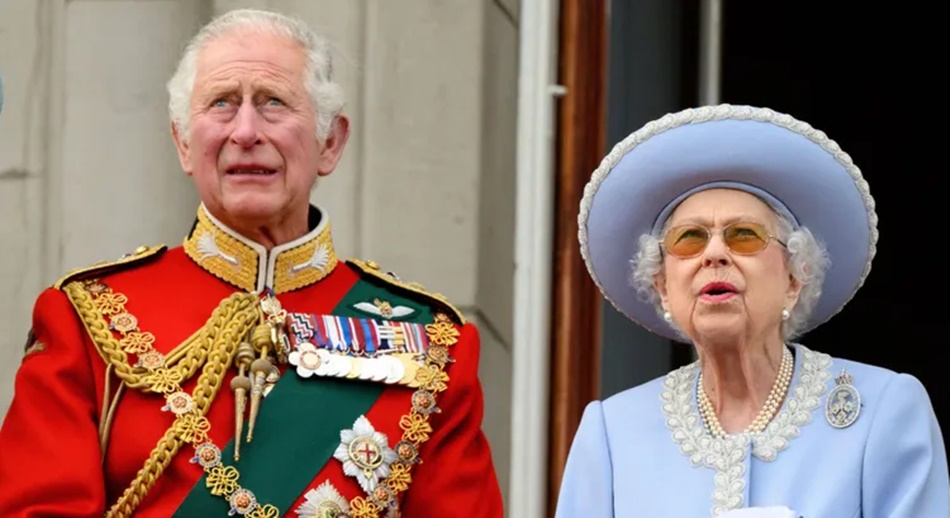
Even if the monarch has no direct access – a considerable part of the royal income comes from the real estate holding company. A quarter of the profits from the Crown Estate portfolio will be distributed to the royal family after two years as a so-called “Sovereign Grant”. In the last accounting period 2021/2022, the Queen received around 117.5 million euros.
Little is known about the Queen’s private property. These include past inheritances, jewelery and art collections and various estates including Balmoral Castle in Scotland and Sandringham House in England. “Forbes” also reports that the Queen was active on the stock exchange. Their shares in companies in Great Britain are estimated at more than 100 million euros.
Who inherits what?
The Queen’s will has not yet been published – and it will probably remain so. In the past, the royal family has not disclosed such details following the death of a monarch. The last will of Prince Philip, for example, is locked in a safe for probably 90 years together with the wills of 30 other royals.
However, it is expected that Queen Elizabeth’s heir apparent, King Charles III, will receive the lion’s share of the estates. He was automatically granted the Duchy of Lancaster. This includes extensive estates, especially in central England, but also companies in London. The fortune was last valued at £650 million, which is the equivalent of around €750 million, according to a financial report. In his first speech last week, King Charles also confirmed that he, too, is following tradition and passing on his own estate, the Duchy of Cornwall, to his eldest son, Prince William.
The Duchy of Lancaster is considered the Queen’s private property and is inherited. However, it cannot be sold. Profits go to the government, just like the Crown Estate.
The 73-year-old new king and his wife Camilla are due to move into Buckingham Palace. The Palace cannot be inherited by will as it is owned by the State, ie part of the Crown Estate.
According to British media reports, the couple wants to leave Windsor Castle to Prince William and his family. The magnificent castle is also owned by the British Crown and, like Buckingham Palace, is now one of King Charles’ official residences.
However, it is unclear what will happen to the Queen’s other residences – such as Balmoral Castle in Scotland. According to reports, it is to be converted into a museum.
Harry and Meghan are said to be getting Frogmore Cottage. The couple lived there until his royal retreat to the United States. However, the same applies here: The cottage is located on the grounds of Windsor Castle and is therefore part of the Crown Estate.
Whether Prince Andrew will inherit is questionable. Because of his involvement in the scandal surrounding US businessman Jeffrey Epstein, the Queen’s alleged favorite son was released from all patronage in 2022.
Her Majesty The Queen’s coffin makes its journey down the Mall to the Palace of Westminster, where it will Lie-in-State until the morning of the State Funeral. pic.twitter.com/FOE5txyunI
— The Royal Family (@RoyalFamily) September 14, 2022
It is also unclear what will happen to Queen Elizabeth’s jewels. Experts suspect that their private pieces of jewelry are divided among the closest relatives. The Crown Jewels do not belong to the Queen’s private property – they are therefore not in the will and are automatically passed on from sovereign to sovereign.
Why don’t the royals have to pay taxes?
So Queen Elizabeth II leaves her children – above all King Charles III. – a remarkable legacy. And as a monarch, her son is exempt from inheritance tax at 40 percent.
The royal family owes this rule to former Prime Minister John Major. The conservative politician justified it in 1993 by saying that otherwise there was a risk that the royal family’s fortune would be fragmented over generations. It would change the very nature of the institution “in a way that few people in this country would welcome.”
A 2013 agreement said taxing it would be “clearly inappropriate” as the assets would be held by the Queen as a sovereign rather than a private individual. The monarchy needs sufficient resources to fulfill its role and be financially independent from the government. If there were other heirs to be considered by the Queen, they would have to pay inheritance tax on any amounts above a certain amount.
The Queen is exempt from paying taxes. In 1993, however, she promised to voluntarily pay income tax and capital gains tax. It is expected that King Charles III. will do this.
King Charles and Camilla are not moving into Buckingham Palace
King Charles’ fingers are a mystery

